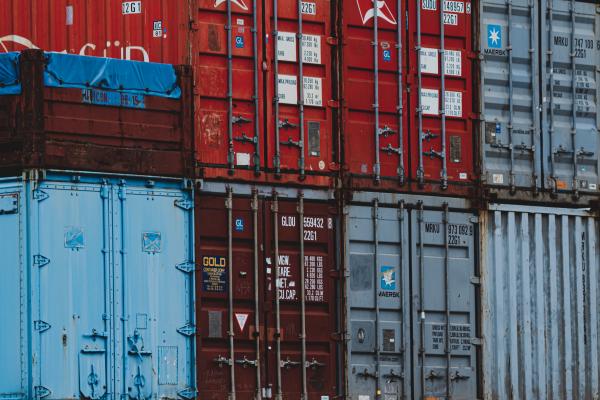In a blog which reflects on the EU Referendum vote five years on, Michael Keating asks “has the UK really taken back control?”
Brexit was aimed at restoring sovereignty to the United Kingdom as a self-governing state making its own laws and reliant on its own courts. In practice, the matter is a great deal more complicated. EU member states still regard themselves as sovereign, even while sharing some of their sovereignty with their neighbours. Non-member states bordering the EU, for their part, mostly have special arrangements drawing them into the EU’s orbit. The basic principle is that, the more access they have to the EU market, the more they have to follow EU regulations. Norway, Iceland and Lichtenstein, as members of the European Economic Area, have to follow most EU regulations and, in return, they have full access to the European Internal Market. Switzerland has a plethora of sectoral arrangements but deviating from EU regulations in one field can lead to suspension of privileges in another. Turkey is in the EU Customs Union but not the Internal Market. Countries further away come under the Neighbourhood Policy.
From the outset, the UK rejected all these models and, in the transition from Theresa May to Boris Johnson, placed the supreme emphasis on sovereignty. The preferred model was the EU’s trade agreement with Canada. The UK would make its own laws and regulations free from European influence. For many Brexiters, the dream was of a free-market Britain where a bonfire of regulations would unleash enterprise and provide a huge competitive advantage in international trade.
The reality is different. Canada is 3000 miles from Europe at the closest, while the UK is just off its coast. Around ten per cent of Canada’s trade Is with the EU, compared with 50 per cent of the UK’s. For nearly 50 years, the UK has followed EU regulations, most of which were carried into UK law after Brexit. The Brexit vote included a large number of former Labour voters and people in ‘left behind’ communities who do not want to see social protections dismantled in an international race to the bottom. Ministers have now assured them that this will not happen.
Nor was the EU prepared to allow the UK to gain competitive advantage by backsliding on social and environmental protection. So the UK-EU Trade and Cooperation Agreement (TCA) contains non-regression clauses whereby, if the UK relaxes regulations, the EU can retaliate. If the UK fails to keep pace with new EU regulations, the Agreement can be revisited.
Like the EU’s other neighbours, the UK will remain in its shadow. The more it tries to use its new-found freedoms to diverge, the less access it will have to European markets. It is likely, then, that the UK will have ‘taken back control’ only to reproduce EU regulations in its own format - many of these, in fact, have become the international standard. It will then seek to have them regarded as ‘equivalent’ to European ones, especially in services, which were almost entirely neglected in the TCA. Like the EU’s other neighbours, it will not so much have regained its ‘sovereignty’ as faced a new trade-off between making its own rules and getting access to European markets.
Image by Marco Pregnolato on Unsplash

